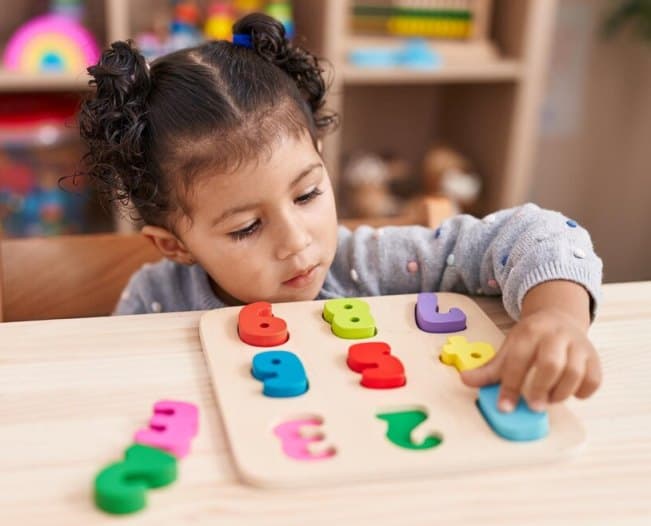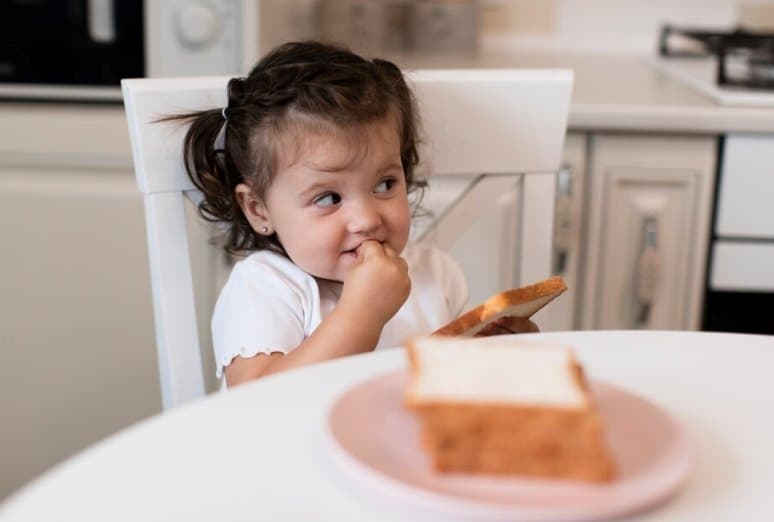Starting preschool is one of the most exciting and transformative experiences in a child’s early life. For parents, this marks the beginning of their child’s formal education journey.
However, it’s also a time that requires preparation to ensure the child is ready to embrace new challenges, routines, and relationships. Before stepping into a classroom, children should be equipped with fundamental skills — both social and cognitive — to make the transition smooth and enjoyable. With the right tools and knowledge, your child can thrive in this new environment, fostering both their academic growth and emotional development.
Crucial Knowledge and Skill For Preschool Readiness
Here’s an outline of the crucial knowledge and skills needed for preschool readiness:
Social and Emotional Development
One of the most important aspects of preschool readiness is a child’s social and emotional skills. These abilities enable children to interact positively with peers and teachers, follow rules, and adapt to a structured environment.
In a classroom setting, children will need to learn how to share toys and take turns. Practicing this at home or during playdates can teach children the importance of patience and cooperation. These social behaviors not only foster friendships but also promote a positive learning environment.
Preschool requires children to perform tasks independently. Simple skills such as putting on shoes, managing bathroom breaks, and cleaning up after themselves are essential. Encouraging independence at home helps build self-confidence and prepares children for daily routines in the classroom.
Preschoolers are expected to start developing emotional regulation skills. Teaching children how to manage frustration, express feelings with words, and understand their emotions will be crucial in handling the ups and downs of a busy classroom environment.
Read Also: Montessori Vs Traditional Preschool: Key Differences to Consider
Basic Communication Skills
Effective communication is the backbone of any preschool experience. By the time children enter preschool, they should have basic communication skills that allow them to understand others and make themselves understood.
Recognizing and stating their full name helps them with self-identification, which is important for fostering a sense of independence and confidence in a new setting.
In addition to their own name, it’s crucial that children can recall their parents’ or guardians’ names, especially in case of emergencies or situations where they need to communicate this information to teachers or caregivers.
A preschool environment is full of instructions, from following directions in art projects to adhering to rules during playtime. Children should be able to comprehend and follow two- to three-step directions, such as “Pick up your crayons and put them in the box.”
Clear expression of needs, such as asking for help or expressing hunger or discomfort, is essential. This ensures that teachers can attend to the child’s needs efficiently. Practice at home by encouraging your child to verbalize what they need instead of using gestures or crying.
While preschoolers don’t need to have an advanced vocabulary, they should be able to construct simple sentences and express basic ideas. Being able to identify objects, name colors, or communicate preferences is essential in daily interactions.
Pre-Academic Skills
Preschool may be a time of play-based learning, but children should still have a foundation of pre-academic skills that will help them transition smoothly into more structured learning environments.
Exposure to letters and numbers before preschool is highly beneficial. Even if a child can’t write them yet, they should at least be able to recognize some letters of the alphabet and numbers up to 10. Playing with alphabet puzzles or counting everyday objects can make this learning process fun and engaging.
Another foundational skill is the ability to recognize and name basic colors and shapes. Not only does this prepare children for classroom activities, but it also enhances their understanding of the world around them. Simple activities like sorting toys by color or identifying shapes during walks can help reinforce these concepts.
Fine motor skills are essential for tasks such as holding a pencil, using scissors, or manipulating small objects. Encouraging activities like drawing, cutting paper, or building with blocks helps children strengthen their hand muscles and improve coordination.
Familiarity with Daily Routines
A preschool day is typically structured around routines, and familiarity with daily schedules can help children adjust more easily.
Children in preschool must follow a daily schedule that includes playtime, snack time, and quiet time. Parents can prepare their children by implementing similar routines at home.
Predictable transitions from one activity to another, such as moving from play to snack time, can reduce anxiety and help children thrive in a structured setting.
One key expectation for many preschool programs is that children be potty trained before enrollment. Teaching your child to manage their bathroom needs independently— wiping, flushing, and washing hands — will make this a smoother process at school.
Preschool often includes designated nap times or quiet times. If your child is not used to napping during the day, it may be helpful to introduce a quiet period where they can rest or engage in calm activities. This familiarizes them with the idea of quiet time at school.
Positive Attitudes Toward Learning
Instilling a love for learning and curiosity is one of the most important gifts you can give your child before they enter preschool. Children who are excited about exploring new concepts, asking questions, and engaging in hands-on activities will benefit the most from the preschool experience.
Encourage curiosity by allowing your child to ask questions and explore new ideas through play. Whether it’s building with blocks or learning about animals, fostering this natural inquisitiveness will motivate your child to enjoy learning in the classroom.
Preschoolers are expected to listen attentively to their teachers and peers. Practicing active listening at home — such as reading books together and asking follow-up questions — helps children learn to focus and process information.
Familiarity with books, even if they cannot read yet, helps children develop a love for stories and imagination. Regular reading sessions help them recognize that stories have a beginning, middle, and end, while also developing listening skills and attention span.
Physical Development
Physical readiness is equally important for preschool. Gross motor skills such as running, jumping, and climbing are part of daily preschool activities.
Children should have basic coordination skills, which are developed through running, jumping, or playing in parks. Being physically active helps them participate in group activities, and it also promotes general health and well-being.
Tasks like building with blocks, drawing, or completing puzzles require hand-eye coordination. These activities also contribute to the development of fine motor skills, which are necessary for writing and other classroom tasks.
Conclusion
Entering preschool is a major developmental milestone for any child. Ensuring that they are equipped with essential social, emotional, communication, and pre-academic skills will set the stage for a positive and successful preschool experience.
Parents can play an active role in this preparation by practicing these skills at home and creating a supportive environment for growth.





